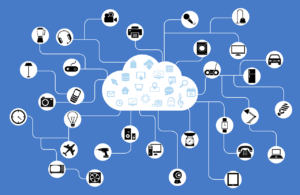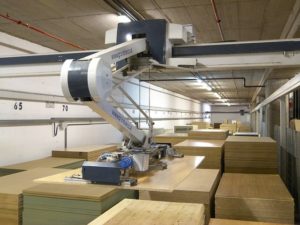Reading on screen and on paper
 Do you read books and papers on screen or do you prefer paper. I am conflicted. I used to have an old Kindle but gave it up because I am no fan of Amazon. And I used to read books on firstly an ipad and latterly an Tesco Huddle tablet – both now sadly deceased.
Do you read books and papers on screen or do you prefer paper. I am conflicted. I used to have an old Kindle but gave it up because I am no fan of Amazon. And I used to read books on firstly an ipad and latterly an Tesco Huddle tablet – both now sadly deceased.
Like many (at least if the sales figures are to be believed) I have returned to reading books on paper, although I read a lot of papers and such like on my computer, only occasionally being bothered to print them out. But is preferring to physical books a cultural feel good factor or does it really make a difference to comprehension and learning?
An article in the Hechinger Report reports on research by Virginia Clinton, an Assistant Professor at the University of North Dakota who “compiled results from 33 high-quality studies that tested students’ comprehension after they were randomly assigned to read on a screen or on paper and found that her students might be right.”
The studies showed that students of all ages, from elementary school to college, tend to absorb more when they’re reading on paper than on screens, particularly when it comes to nonfiction material.
However the benefit was small – a little more than a fifth of a standard deviation and there is an important caveat in that the studies that Clinton included in her analysis didn’t allow students to use the add on tools that digital texts can potentially offer.
My feeling is that this is a case of horses for courses. Work undertaken by Pontydysgu suggested that ebooks had an important motivational aspect for slow to learn readers in primary school. Not only could they look up the meaning fo different words but when they had read for a certain amount of time they were allowed to listen to the rest of teh story on the audio transcription. And there is little doubt that e-books offer a cost effective way of providing access to books for learners.
But it would be nice to see some further well designed research in this area.
 Fear you are going to be seeing this headline quite a bit in coming months. And like everyone else I am getting excited and worried about the possibilities of AI for learning – and less so for AI in education management.
Fear you are going to be seeing this headline quite a bit in coming months. And like everyone else I am getting excited and worried about the possibilities of AI for learning – and less so for AI in education management.


